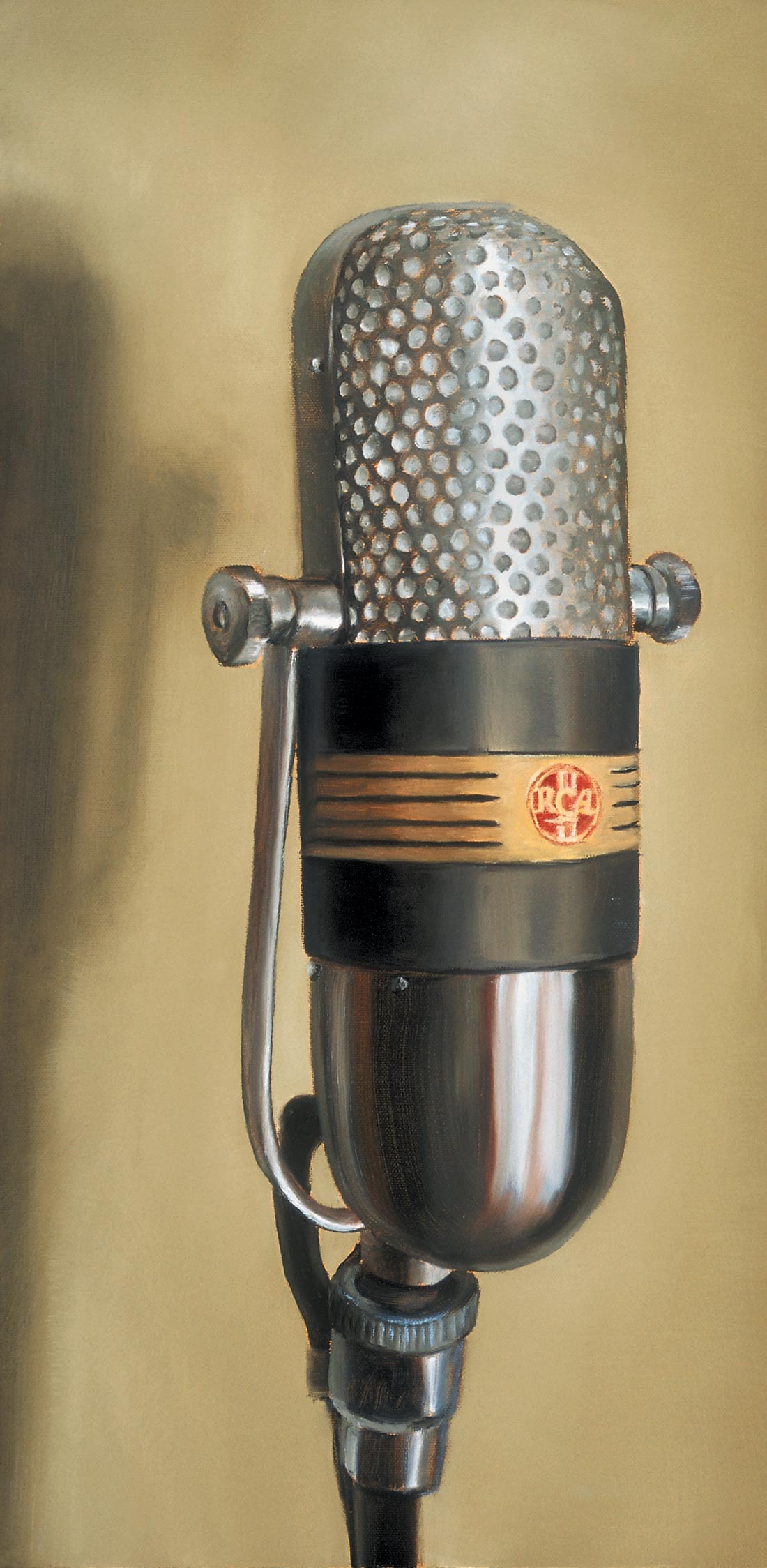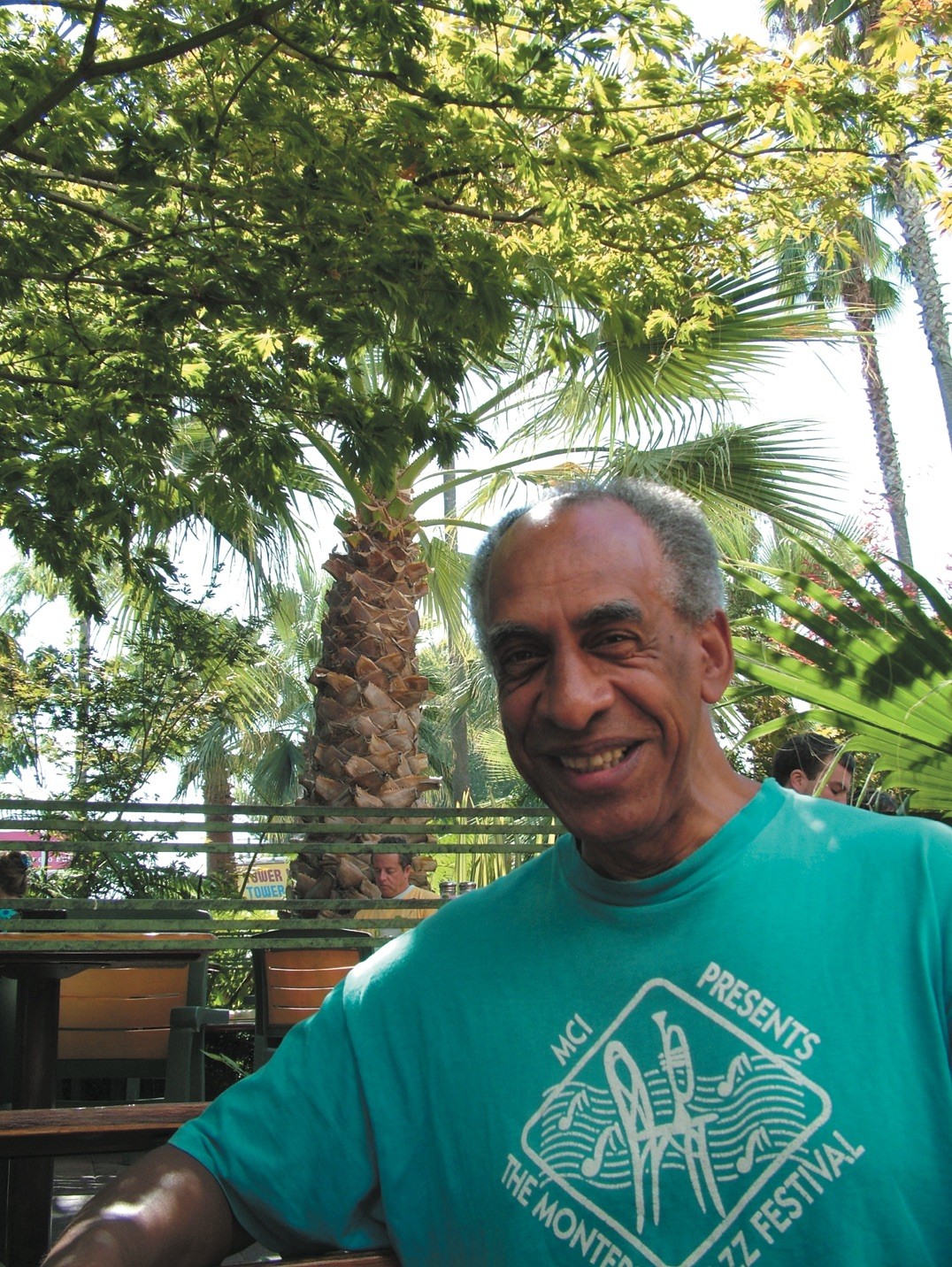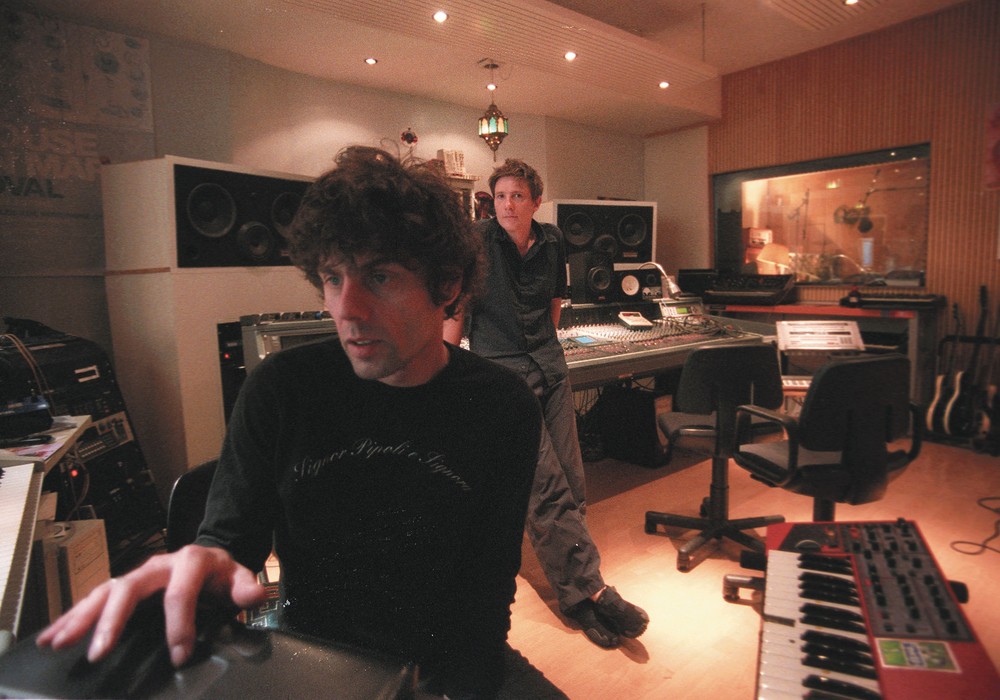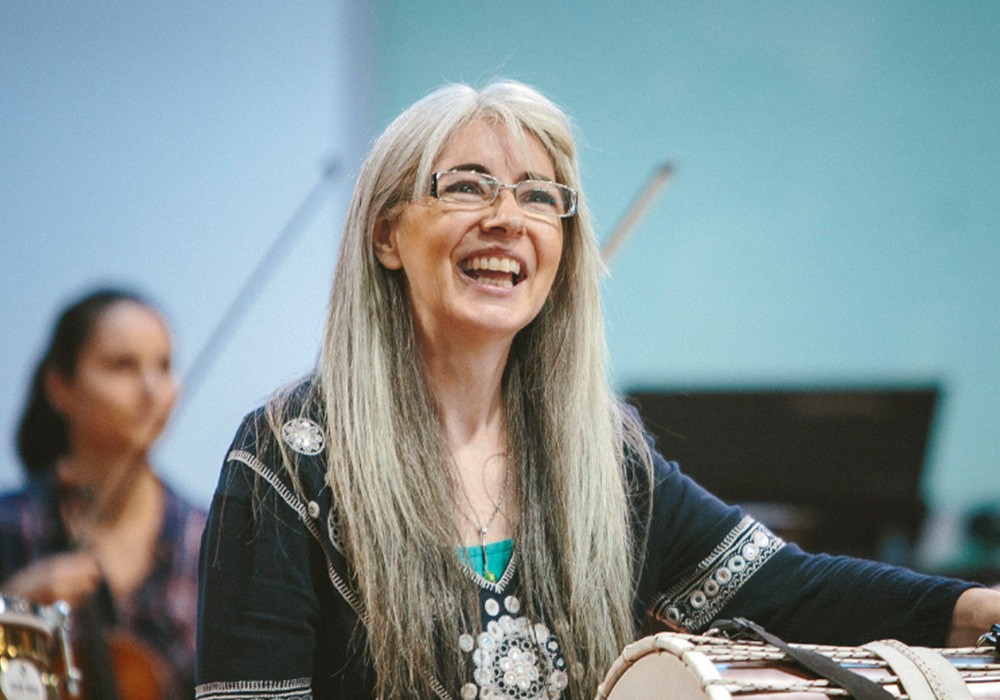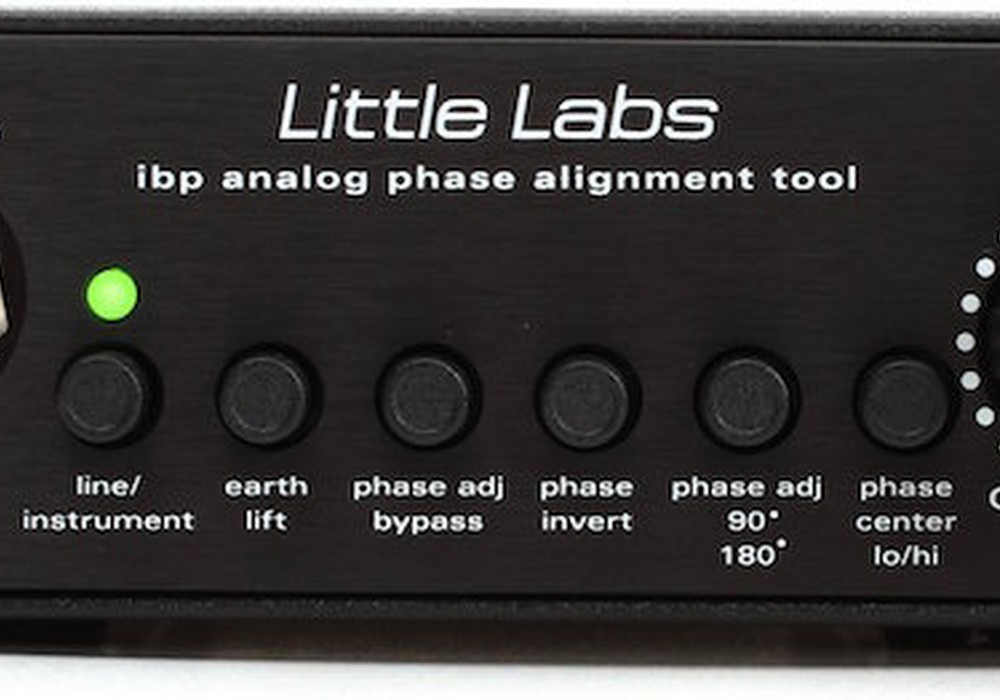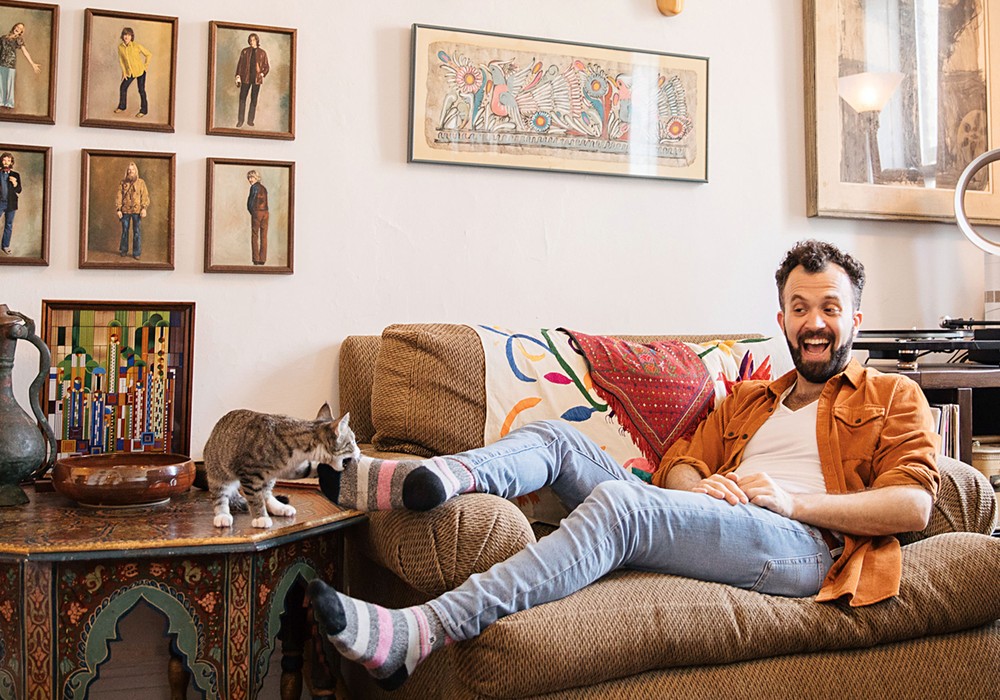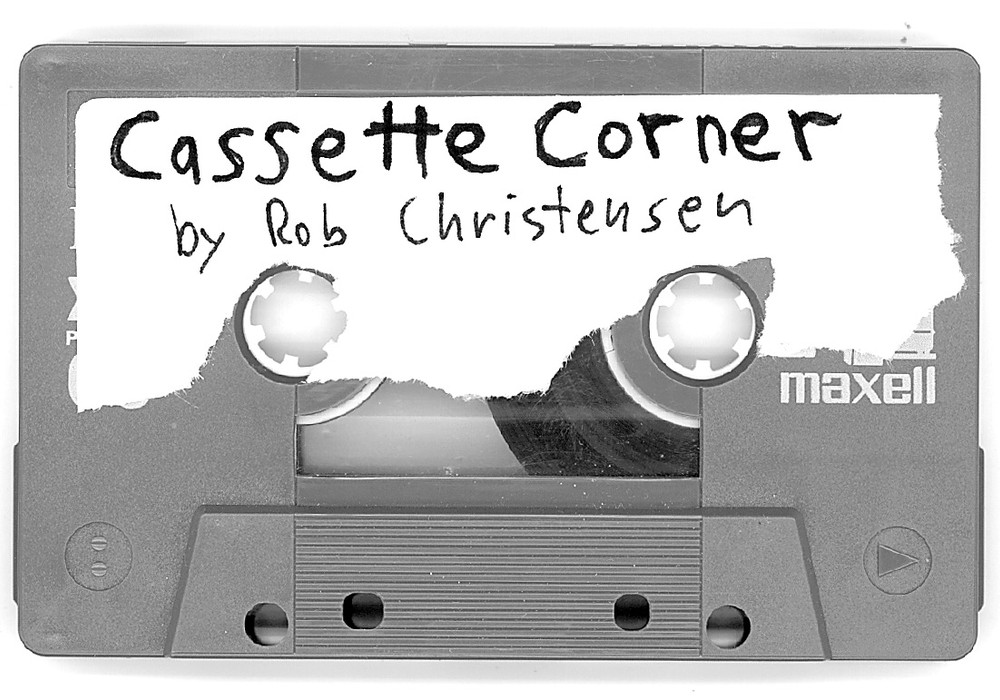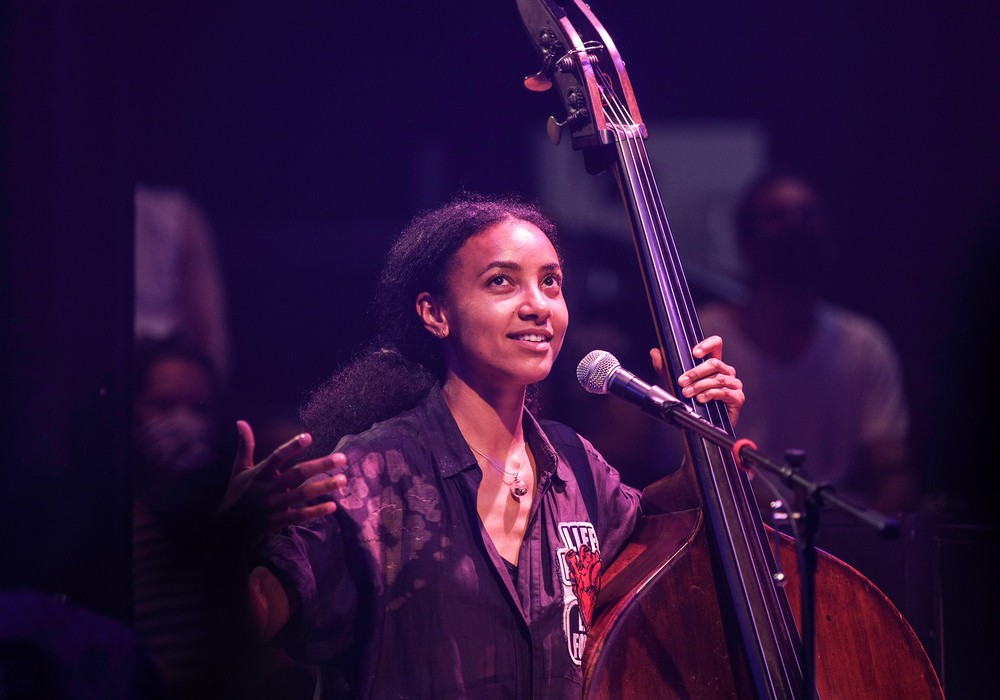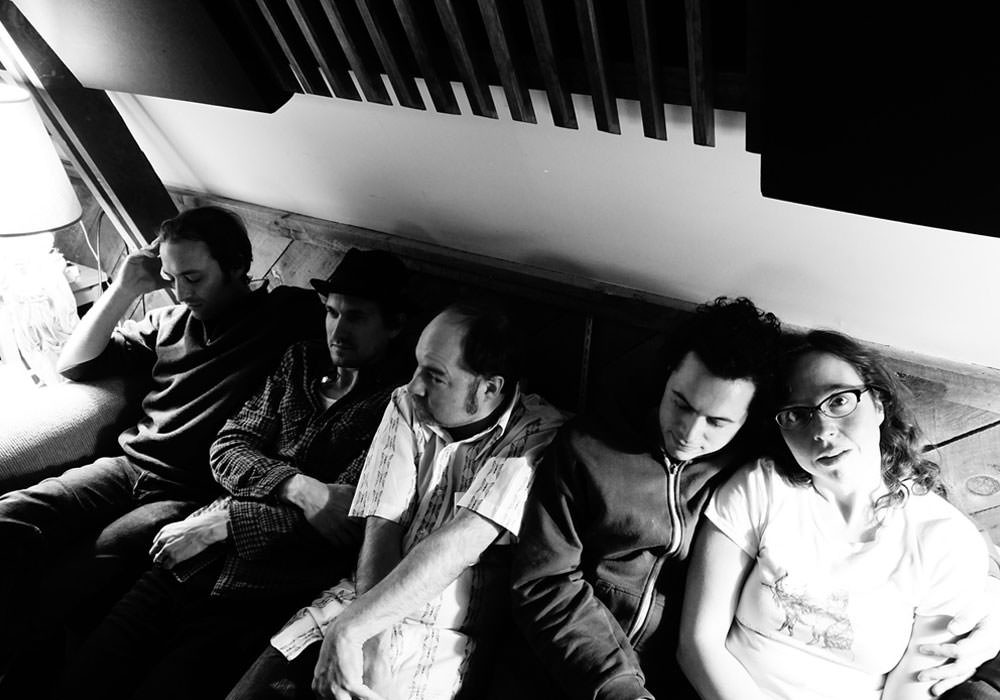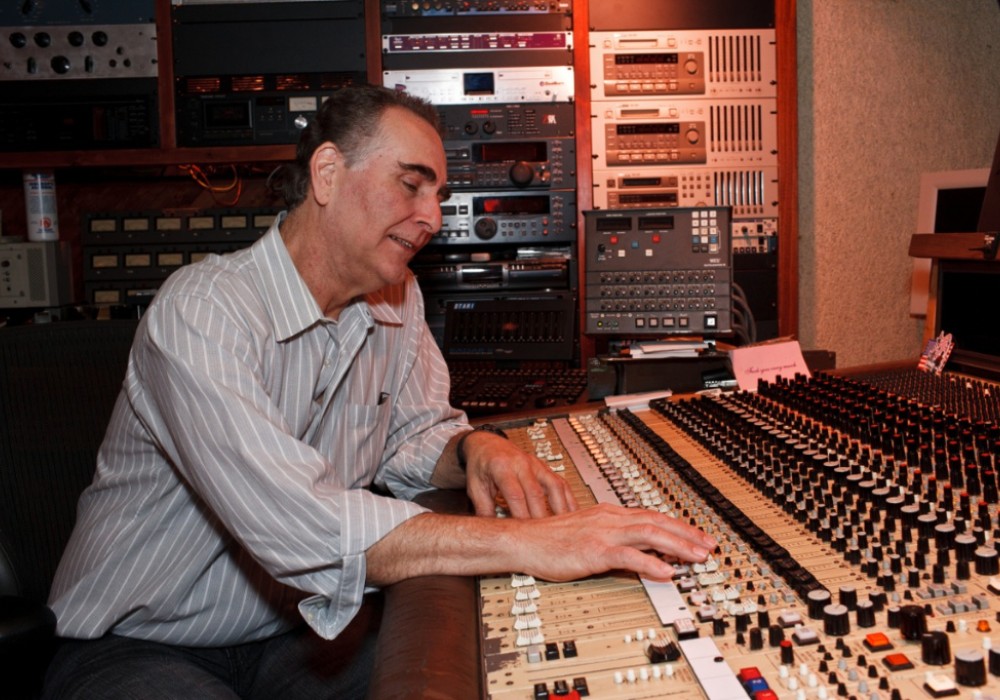I first met John Tchicai when I recorded his 1995 album, Love is Touching. I was several days into the project when I learned that, among others, he had played with John Lennon, Albert Ayler and John Coltrane, playing on the latter's landmark recording, Ascension. At that point I was mostly retired from the studio and working on magazines, on the path that would eventually lead me to become the publisher of Tape Op. I had taken the Tchicai session largely because I was charmed by John's demeanor and found myself taking the sessions on, despite having several good engineers working at my studio at the time. I called my wife Maria to let her know that she'd be eating alone on Thursday nights for the next couple of weeks. My instinctual decision to work with John turned out to be a good one, as spending time with him and recording Love is Touching was one of the high points of my time spent as a recording engineer.
John, along with his wife Margriet and son, Yolo, have since moved to France but were recently back in town to visit and play shows. I took advantage of the opportunity to interview him about his time spent working with Rudy Van Gelder. On a beautiful Sacramento morning we met at the Tower Café over tea and coffee.
John met John Coltrane for the first time in Copenhagen, where he was living when Coltrane played there. When John later moved to New York City in 1962, his relationship with Coltrane continued. They would play together and were both involved in the Jazz Composers Guild. At this time Archie Shepp was part of their circle and Coltrane secured Shepp a recording deal with Impulse. Tchicai was asked to play on that record, Four For Trane, which was recorded by Van Gelder and produced by Bob Thiele at the Englewood Cliffs studio. Later, John made a record of his own, Mohawk, with the New York Art Quartet at Van Gelder's for the Fontana label. The next record that John recorded with Van Gelder was Coltrane's Ascension. Tchicai remarks that, "They were all very nice experiences, but playing with Coltrane in that big formation was fantastic. All those guys. Very nice. Being inside that big avant gardé wildness of the music."
So how was Rudy to work with?
He was a very nice man. Very friendly and open and interested in listening to what you had to say. But also very quiet and very much into the music and doing his work.
Bob Thiele worked on all three of the records you did with Rudy, right? How did their relationship appear to you?
They knew each other very well and had done many records together. It was a very smooth collaboration. Thiele was more in the background listening to what was going on.
Was there a lot of isolation on the recording of Ascension or were you all close together?
No, we were very much together. There might have been some low baffles between the drums and us, but everyone was pretty close in the big room. The room had a very churchlike feeling with the high ceilings.
Did each musician have their own mic?
Yes.
Was there any kind of room mic up overhead?
I think so... This was a long time ago... [laughs]
If you can't remember the exact microphones, this interview is over!
[more laughter]
Was the piano in the same room with you or was it in the iso booth?
No, no — it was in the same room. The piano and drums were off to one side and we [horns] were more in the middle of the room. The bass was by the drums.
How long did it take to record Ascension?
We started around 11 in morning or so. Coltrane came in and was on his knees on the floor writing arrangements and then started to explain what the music was going to be. Then we started to rehearse it. We might have rehearsed it one time through and then we did the recording. Then we took a break and did another take with the solos in a different order. [Both of these takes were eventually released as Ascension Edition's I & II.] I think we were done around 4 or 5 in the afternoon.
So pretty quick then, no futzing around?
Yeah, yeah. [laughs] It was a nice place to play. Nice acoustics and we didn't wear headphones.
Word is that a lot of the musicians then liked to record at Rudy's because it was out of the city, across the river, and away from the record labels.
That is true, yes. It was a nice spot, in a forest almost but with a nice view of the Manhattan skyline across the Hudson River.
So no record label suits then? I would assume that especially with what you guys were doing then that some of the record labels didn't get it?
Yeah, yeah that's right. [laughs]. No, none of that. Rudy's place was away from all that. I think that was why Coltrane liked to record there, that elevated kind of feeling. There was full freedom.
